This post may contain affiliate links. Read our disclosure policy.
A question I’m asked all the time is why baking recipes typically call for unsalted butter, and if salted butter can be substituted instead.
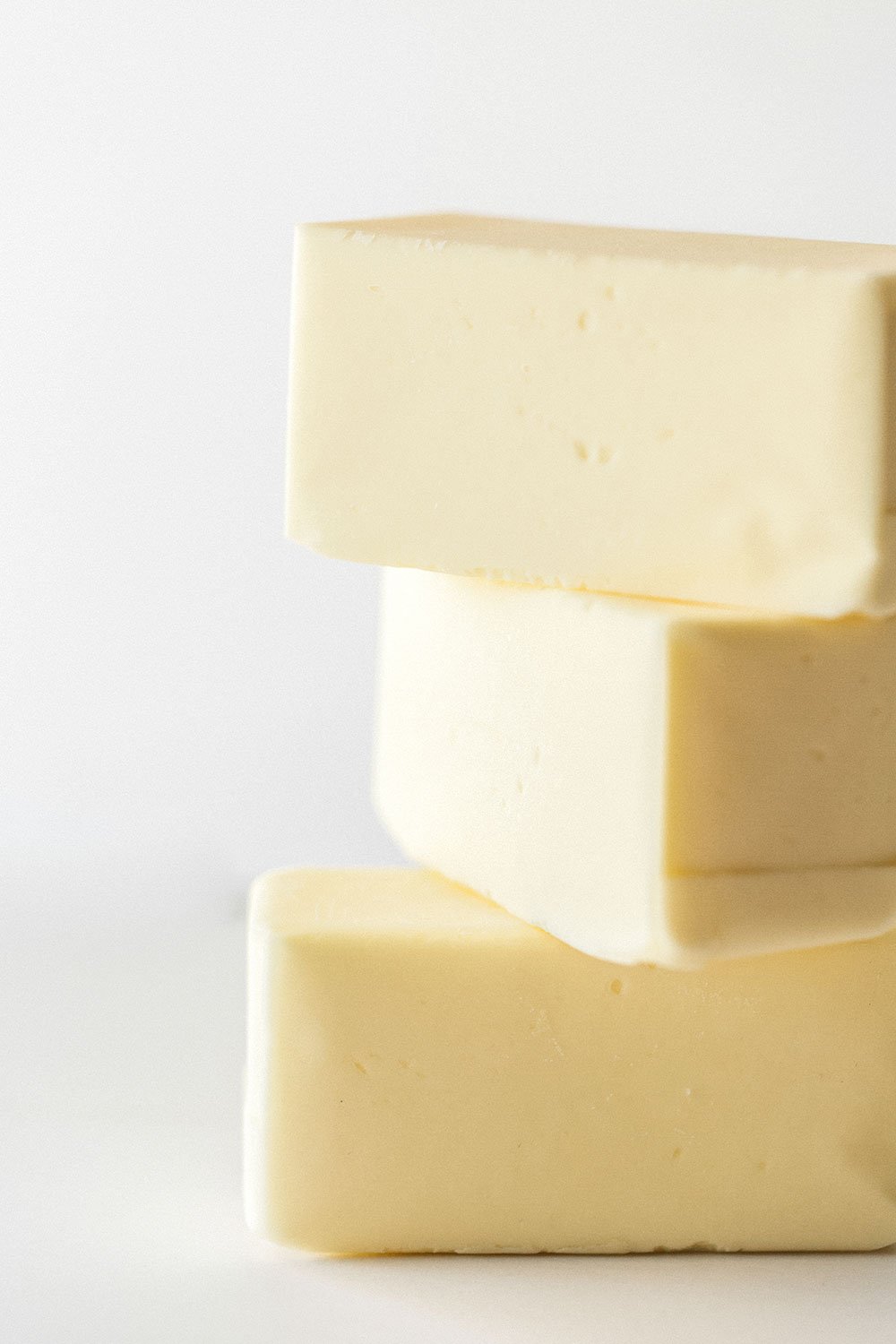
In this video post, I’m going to be answering that question and sharing everything you need to know about salted vs. unsalted butter in baking.
Butter is so important in baking; it not only adds flavor and richness but also a creamy, tender, or flaky texture. I am a strong proponent of using UNSALTED butter in all baking. I always have some on hand in my fridge or freezer. Let me tell you exactly why…
Video: Salted vs. Unsalted Butter Explained

When it comes to salted butter in the U.S., there’s actually NO industry standard for how much salt is contained within a pound of salted butter. That means it’s next to impossible to be accurate about the total salt content of a recipe you’re baking when using salted butter. Some salted butters are saltier than others, and you won’t know how it’ll affect the taste of a recipe until it’s too late to change anything. In fact, some brands have TWICE the amount of salt than other brands!
Twice as salty?!
Plus, if you use salted butter and ALSO add in the salt called for in the recipe, you could very well end up doubling the total amount of salt to the point where the food is almost inedible. Now, unless you religiously buy the same brand of butter and have a good idea for how much salt it contains, this can have some serious negative effects on your baking. I don’t know about you but butter is EXPENSIVE so I usually just buy whatever is on sale!
This is the main reason I stick to unsalted butter 100% of the time. Using unsalted butter allows you to control the salt in a recipe. I only keep unsalted butter on hand, and if I want to spread some on my toast, corn, or anything savory, I can simply add a sprinkle of salt. I find this is much simpler than having to guestimate at substituting salted butter for unsalted.
Salt = preservative in butter
Another reason to avoid salted butter in baking is due to the fact that salt is a preservative. Unsalted butter has a smaller window of freshness and must be replenished at the grocery store more frequently. On the other hand, salted butter can be on the shelves much longer, which means it’s likely to be less fresh than its unsalted counterpart. This also means its flavor may not be as sweet.
Even beyond that, salt can mask foul flavors and odors, making it more difficult to determine the freshness of the butter. However, this also means you need to be sure to keep unsalted butter fresh in your home.
If you do need to use salted butter in a baking recipe, omit half or all of the salt the recipe calls for. This can never be a perfect substitution since the amount of salt can vary so widely.
Hopefully I’ve convinced you to keep unsalted butter on hand!
The best brand of butter to bake with?
Another question I’m asked frequently is what brand of butter I use. To be honest, I usually buy whatever brand is on sale and stock up. Even Target’s market pantry unsalted butter is a good choice. I loooove premium brands of butter like Kerrygold for spreading on bread or making buttercream (not for baking), but those are pricey. I try to buy the most standard kind of butter when I’m testing new recipes because I know most of you don’t buy the premium stuff.

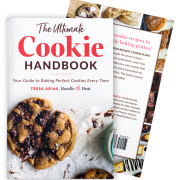
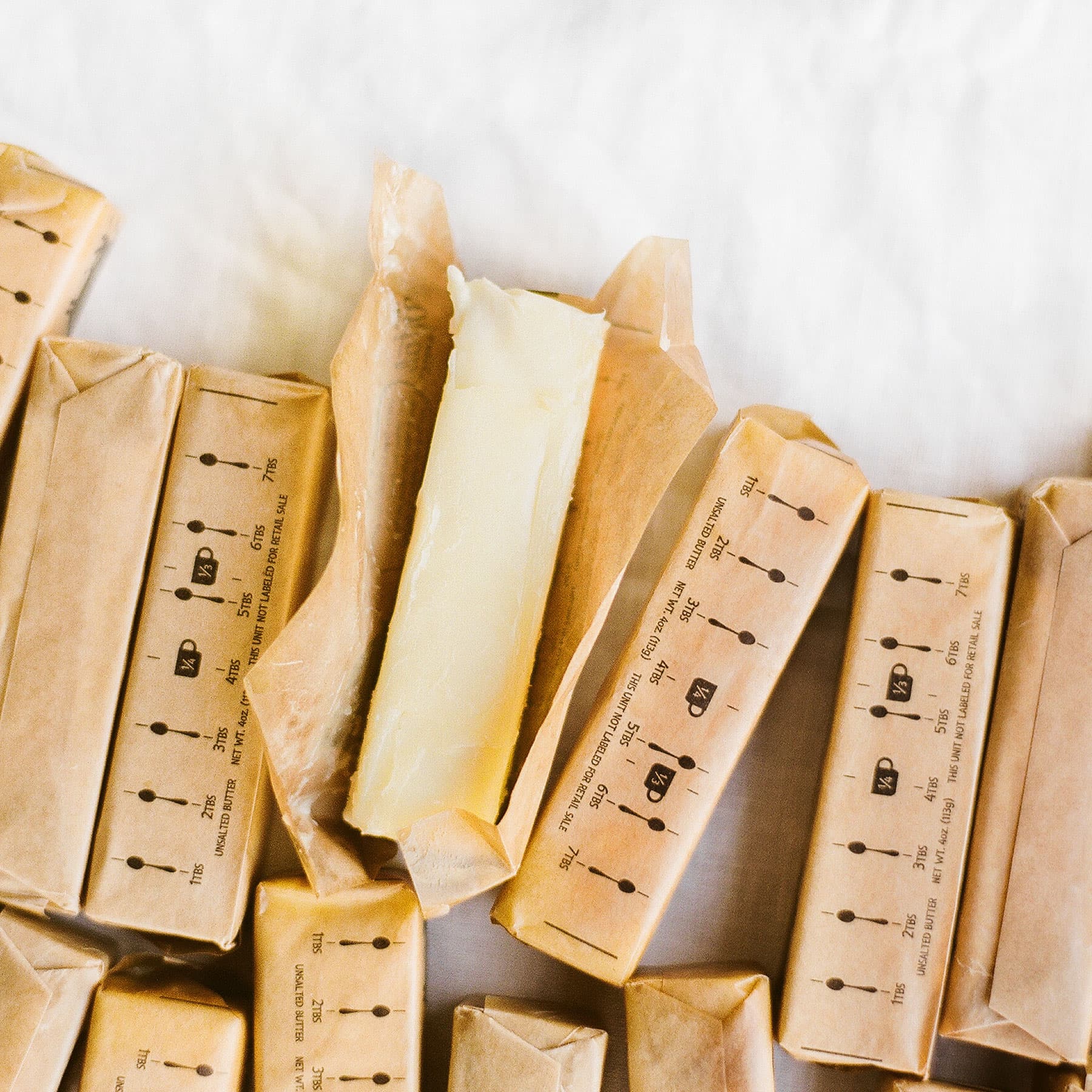
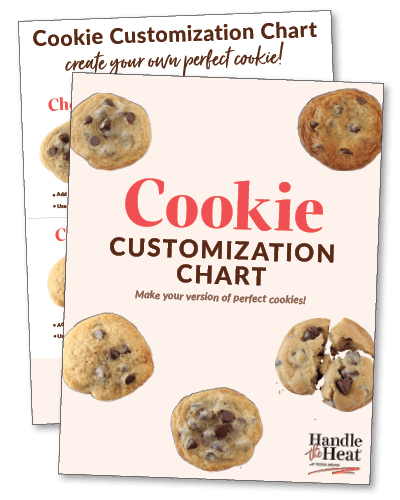
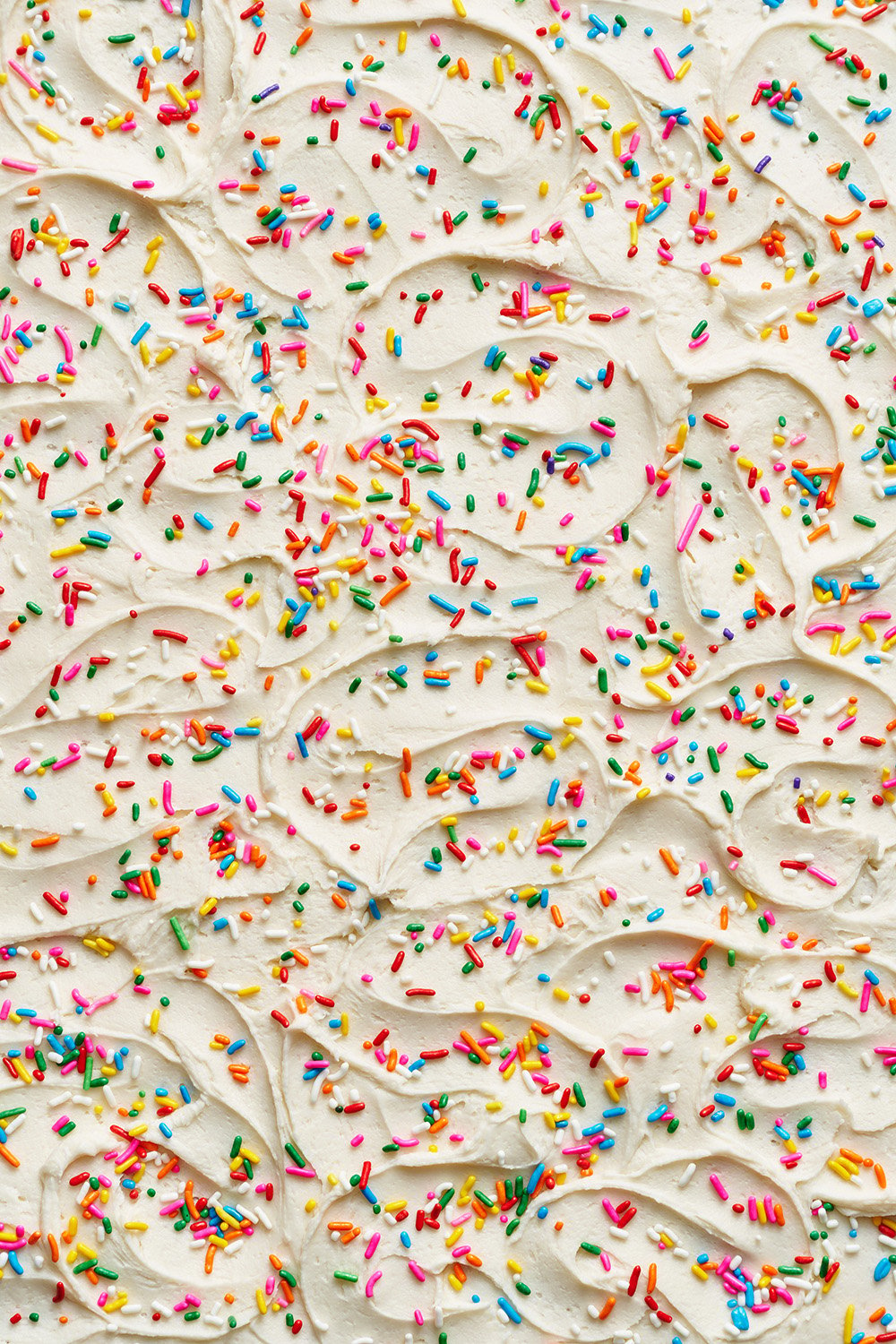


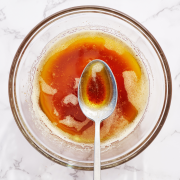
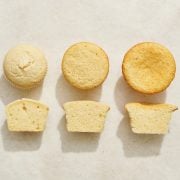

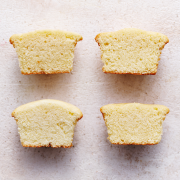
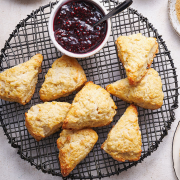
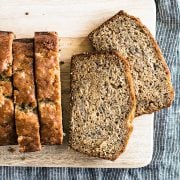
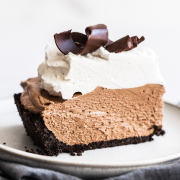
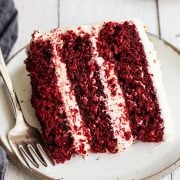








When making buttercream to make roses, it’s not stiff enough. It kinda blends together. Any suggestions?
I’d try first to add more powdered sugar. If it’s still not stiff enough use buttercream with half shortening half butter.
Aaaahhhhhh…
Had a feeling the salt content was an issue. I was never sure if I should eliminate the recipe salt.
Thanks for the info., Tessa!
What brand for all purpose flour and butter best for making a cake
Hi what brand of all purpose flour and butter are best use for cakes ?
How long has unsalted butter been the norm? I have the feeling that my older recipes assumed that the butter would be salted, so if the recipe doesn’t use the word “unsalted” should I expect to add salt when I use unsalted butter; how much?
It’ll depend completely on the recipe author. I would say that if the recipe doesn’t specify unsalted, and also doesn’t have you adding in any additional salt, then you probably do need to add some. I’d start by Googling a new version of the same recipe with the same yield and see how much salt that recipe calls for.
@Lisa M Smith butter is easy to make by whizzing heavy cream in a food processor, or (1st choice) shaking it vigorously in a mason jar.
Can we make our own unsalted butter at home with milk, so we also end up with fresh buttermilk, and is there any chance you could give us a step-by-step recipe on how to do so?
Excellent help!
Thank you … PS.. Your buttercream
recipe is the best! Loved working with it .. I am going to use the Kerrygold butter next time.
Happy New Year!?
Best Buttercream Frosting. My question is about the cream in the recipe. Is it liquid or powder or is it heavy or whipped cream. I’m trying this recipe for Christmas School Party. Thanks.
Heavy cream is what I always use 🙂
Nice post :-), I also always have unsalted butter in my fridge and never the unsalted one.
I only use Kerrygold since it is from grass fed cows. It’s better for our health. I will skimp somewhere else.
I just watched your video, and it’s excellent! All these years in the kitchen, and I did not know these things! Thanks, Tessa! Happy Thanksgiving. ❤️